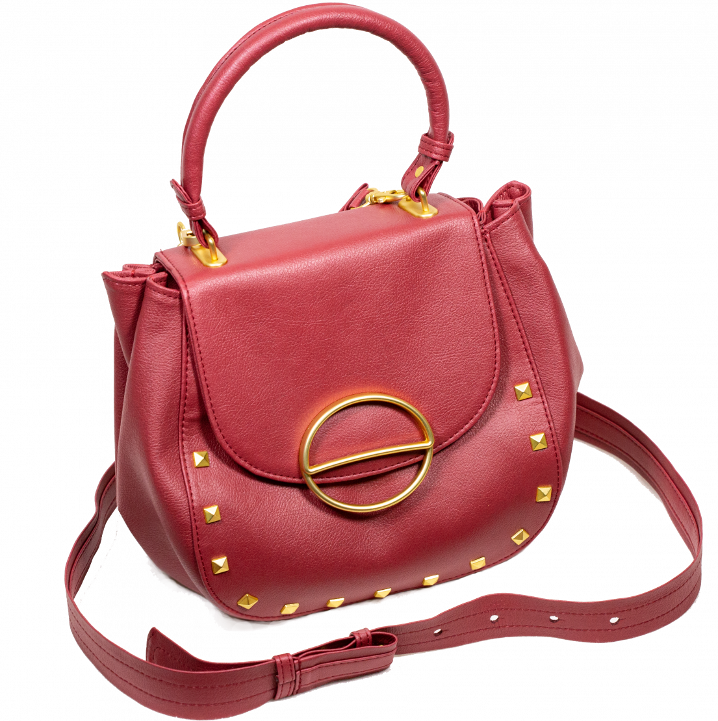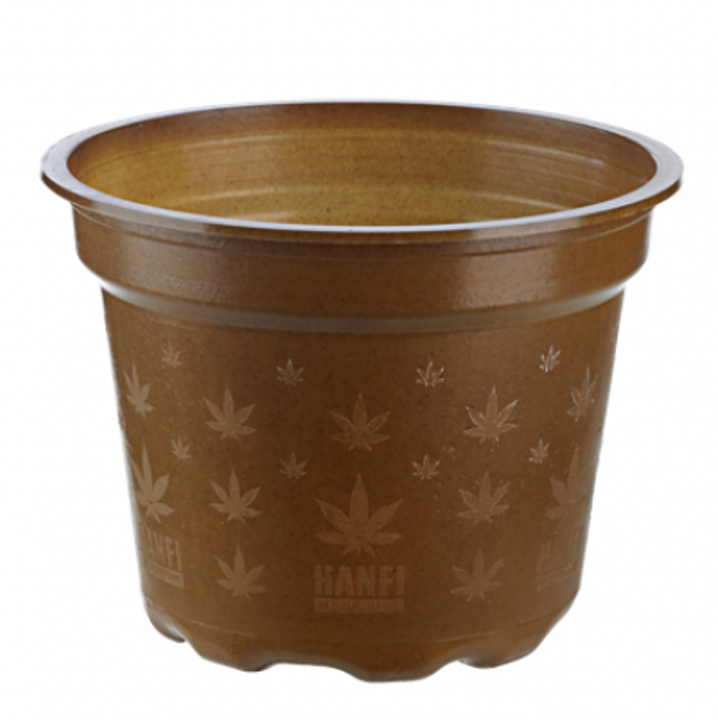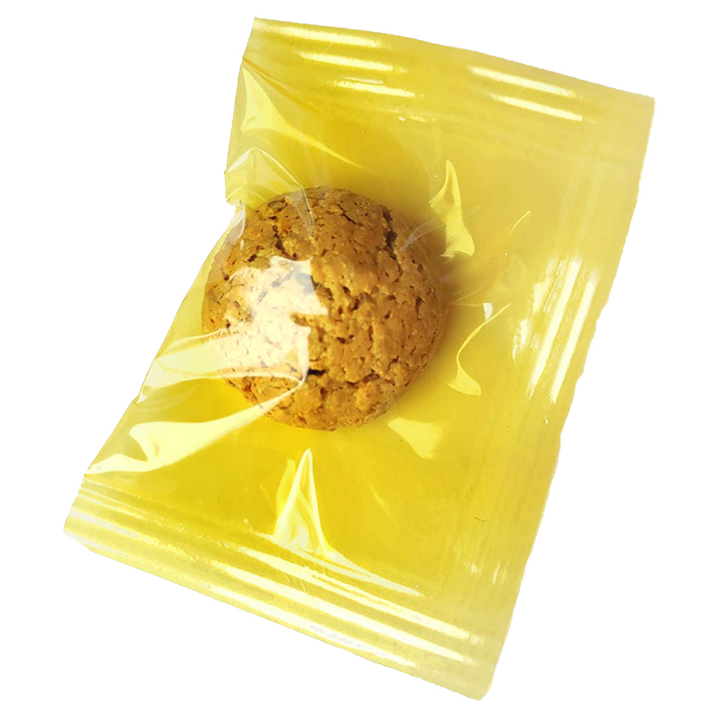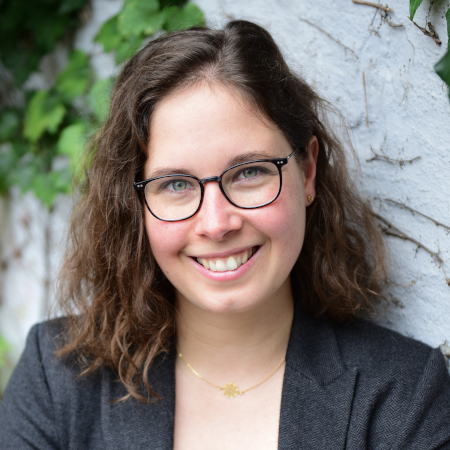05.02.2020 News
Food Plants Chemistry
Bio-based food wrappings
Partners from research and industry want to develop multilayer packaging materials based on chitosan and at the same time work out a corresponding method for quality control.
05.02.2020 News
Food Plants Chemistry
Partners from research and industry want to develop multilayer packaging materials based on chitosan and at the same time work out a corresponding method for quality control.
06.02.2020 News
Chemistry Plants Biotechnology/Systems biology
With the help of a new process, researchers at the Leibniz Institute for Catalysis in Rostock extract pentylene glycol, which is important for cosmetics, from bagasse, residual materials from the sugar cane industry.
11.02.2020 News
Chemistry Waste Chemistry
Rostock chemists use the concept of artificial photosynthesis to produce high-quality hydrocarbons from carbon dioxide.
18.02.2020 News
Food unspecific Biotechnology/Systems biology
Eat the silverware instead of throwing it away: This idea is being pursued by the start-up Frenvi, which wants to offer an alternative to disposable plastic cutlery with its edible spoons.
10.02.2020 Success story
Agriculture and forestry Plants Biotechnology/Systems biology
Feeding the growing world population is one of the greatest tasks of our time. To meet this challenge, the crop yields of wheat must be increased and the most suitable varieties for changing environmental conditions must be found. This is the goal of the BRIWECS project.
19.02.2020 News
Agriculture and forestry Plants Agriculture sciences
In the search for alternatives to plastic, researchers want to further develop packaging made of banana leaves and water hyacinths to better protect food.
03.03.2020 News
Agriculture and forestry Microorganisms Agriculture sciences
In order to make potatoes more resistant, researchers want to coat the seeds of the nightshade plants with beneficial fungi and thus help them grow.
12.02.2020 Country
unspecific unspecific unspecific
In the Alpine Republic, the bioeconomy strategy is based on the food industry, chemicals, pharmaceuticals and the timber industry.
12.02.2020 Country
unspecific unspecific unspecific
Modern agricultural technologies, bioenergy and biotechnology are on the agenda for research policy in the United Kingdom.
12.02.2020 Country
unspecific unspecific unspecific
The Baltic Latvia is strongly influenced by agriculture and forestry. A bio-economic strategy was adopted in 2017. As a "data-driven nation", Latvia is also a pioneer in digitisation.
12.02.2020 Studies and statistics
unspecific unspecific Nutritional sciences
This is the result of a study led by the Potsdam Institute for Climate Impact Research (PIK). The study examined solutions that would enable ten billion people to eat healthy food within the limits of our planet.
26.02.2020 News
unspecific Microorganisms Biodiversity
At the Helmholtz Centre for Environmental Research, scientists have compiled 15,000 metagenome data sets from soil samples of various origins according to uniform standards.

18.02.2020 Product
Chemistry Plants
Leather is a material with excellent properties. Nevertheless, the purchase of leather goods is controversial, because leather from conventional animal breeding is not only CO2-intensive, but also needs large amounts of chemicals for tanning.
18.03.2020 News
Chemistry Plants Materials sciences
Lignin is an attractive raw material for bioplastics. X-ray analyses have shown how the different molecular structures influence the properties of the biopolymer.
19.03.2020 News
Agriculture and forestry Plants Agriculture sciences
Animal feed must be high in protein, which is why soya is very well suited for this purpose. For ecological reasons, researchers are looking for domestic alternatives.
10.03.2020 News
unspecific unspecific Biotechnology/Systems biology
Biotechnologists from Halle and Berlin have produced an improved version of the genome editing tool CRISPR-Cas9. The gene scissors make fewer mistakes in cutting.
25.03.2020 News
Chemistry Waste Biodiversity
Following the example of grasshopper feet, bionics researchers from Kiel have created an adaptive frictional system that adheres even to rough and uneven surfaces.

31.03.2020 Interview
unspecific Microorganisms Biotechnology/Systems biology
Microbiologist Jörg Overmann wants to investigate the diversity of bacteria and relies on artificial intelligence.

14.04.2020 Product
Consumables Plants
Finally, the time has come. The days are getting longer, the sunbeams warmer. Spring has arrived and the garden season begins. However, only a few plants are sown directly into the open field.
05.04.2022 Success story
Food Plants Agriculture sciences
Researchers have developed a selenium-rich apple that can replace dietary supplements.
06.04.2022 News
Chemistry Animals Biotechnology/Systems biology
How is chitin produced by nature? Researchers want to uncover this in order to make the biopolymer useful for medicine.
07.04.2022 News
Chemistry Plants Chemistry
BASF's Care Chemicals is expanding its portfolio of sustainable cosmetic products with a bio-based surfactant made from soy protein.
11.04.2022 News
Agriculture and forestry Plants Plant breeding research
Researchers from Osnabrück, Munich and Berlin have developed ZIN 168 and ZIN 186, the first apple varieties in Europe to be officially certified as allergy-friendly.
13.04.2022 News
Energy Plants Agriculture sciences
The Giant Miscanthus is intended to become a feedstock for sustainable fuel alternatives on marginal lands.
19.04.2022 News
Machine and plant engineering unspecific Plant and process engineering
Researchers want to optimize existing recycling concepts for the efficient reuse of raw materials from rotor blades of old wind turbines.

11.04.2022 Product
Consumables Waste
Instead of producing polymers synthetically, take what nature has already produced: A special technology can be used to extract biopolymers from agricultural residues - making them not only naturally degradable, but even edible.
21.04.2022 News
unspecific unspecific unspecific
This year, the German Federal Ministry of Education and Research is once again calling on young researchers from all over the world to apply for the Green Talents Award with innovative ideas for a sustainable future.
20.04.2022 News
Agriculture and forestry Plants Forestry
An international research project is developing sustainable forestry concepts for Mediterranean, continental, alpine and boreal forests.
03.05.2022 Success story
Chemistry Waste Chemistry
Originally, a research team was looking for a bio-based flame retardant - but they found much more.
27.04.2022 News
Chemistry unspecific Chemistry
A research alliance is developing iron-containing molecules that will save energy and raw materials in important chemical processes.
22.04.2022 Studies and statistics
Food unspecific Nutritional sciences
According to a study by the University of Osnabrück on the acceptance of in vitro meat, 47% of consumers surveyed said they would eat a lab-grown burger more often instead of conventional meat.
29.04.2022 News
Food Plants Agriculture sciences
To secure the world's food supply, industrialised countries would not have to give up meat completely, but drastically reduce their consumption - according to an overview study by researchers at the University of Bonn.
03.05.2022 News
unspecific unspecific Biodiversity
Two-thirds of the biodiversity targets the United Nations plans to adopt this fall also slow global warming.

26.05.2022 Interview
unspecific unspecific Environmental technology
In the FOOTPRINTS project, a team led by researcher Nadine Mengis is investigating how CO2 emissions must develop in order to stabilize global temperatures and thus achieve the Paris climate goals.
05.05.2022 News
Agriculture and forestry Plants Agriculture sciences
A field robot that independently detects and removes weeds has successfully passed an initial test run in the Uckermark region.
04.05.2022 News
unspecific Plants Biodiversity
The plants secrete large amounts of sugar into their root zone, but only a few species of bacteria feed on it.
09.05.2022 News
Agriculture and forestry Plants Forestry
Two important plant hormones intensify each other's effect. The opposite is the case with annual plant species.
12.05.2022 News
unspecific unspecific unspecific
The start-up competition "PlanB - Biobased.Business.Bayern" is entering its fifth round. As of now, start-ups with their innovative bioeconomy business ideas can again apply for funding.
18.05.2022 News
unspecific Plants unspecific
A new study underscores the importance of protecting peatlands and similar areas for climate protection.
17.05.2022 News
Food Plants Agriculture sciences
To expand its portfolio of vegetable proteins, Südzucker subsidiary Beneo plans to build a production facility for protein concentrate from field beans.